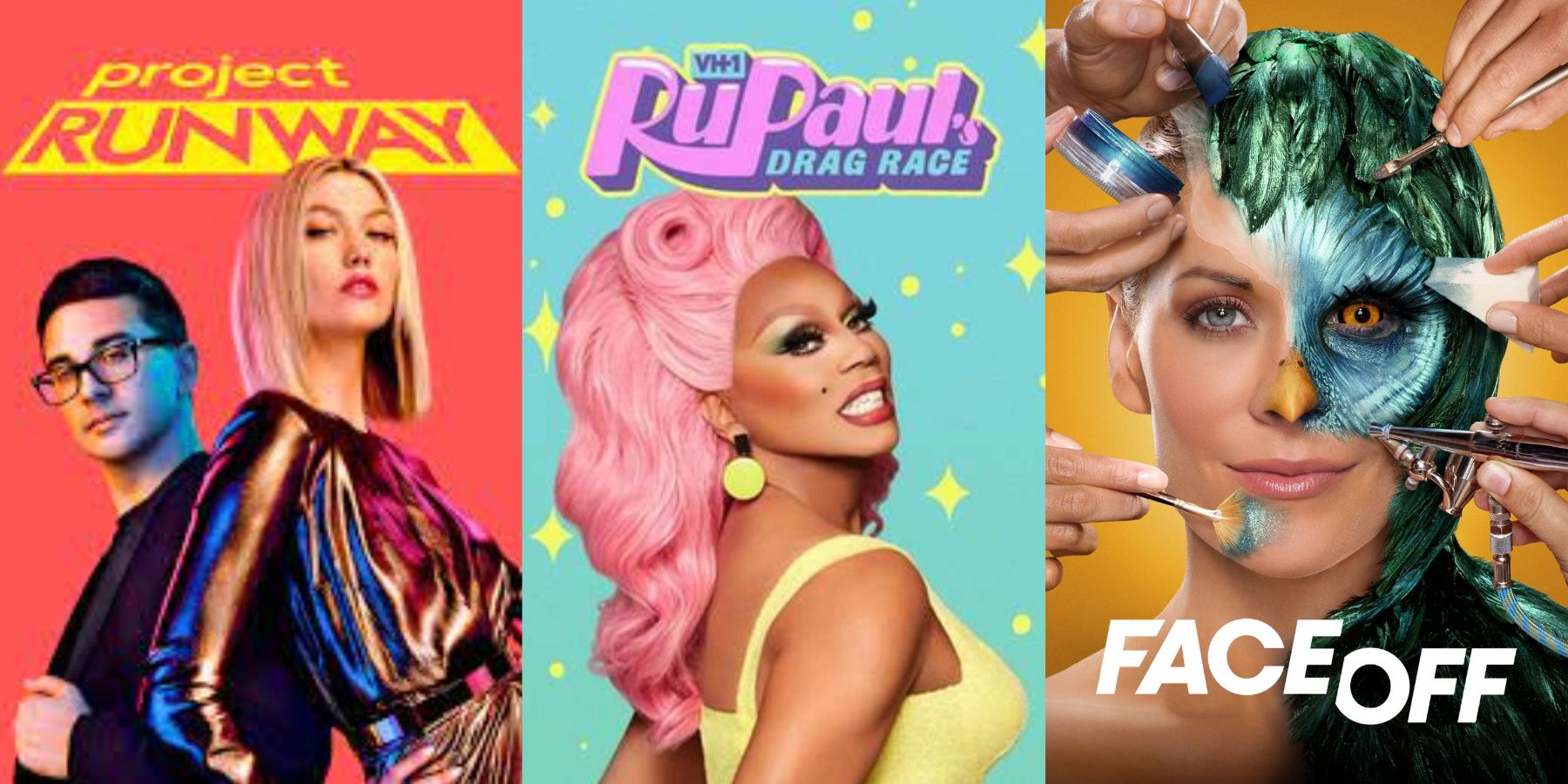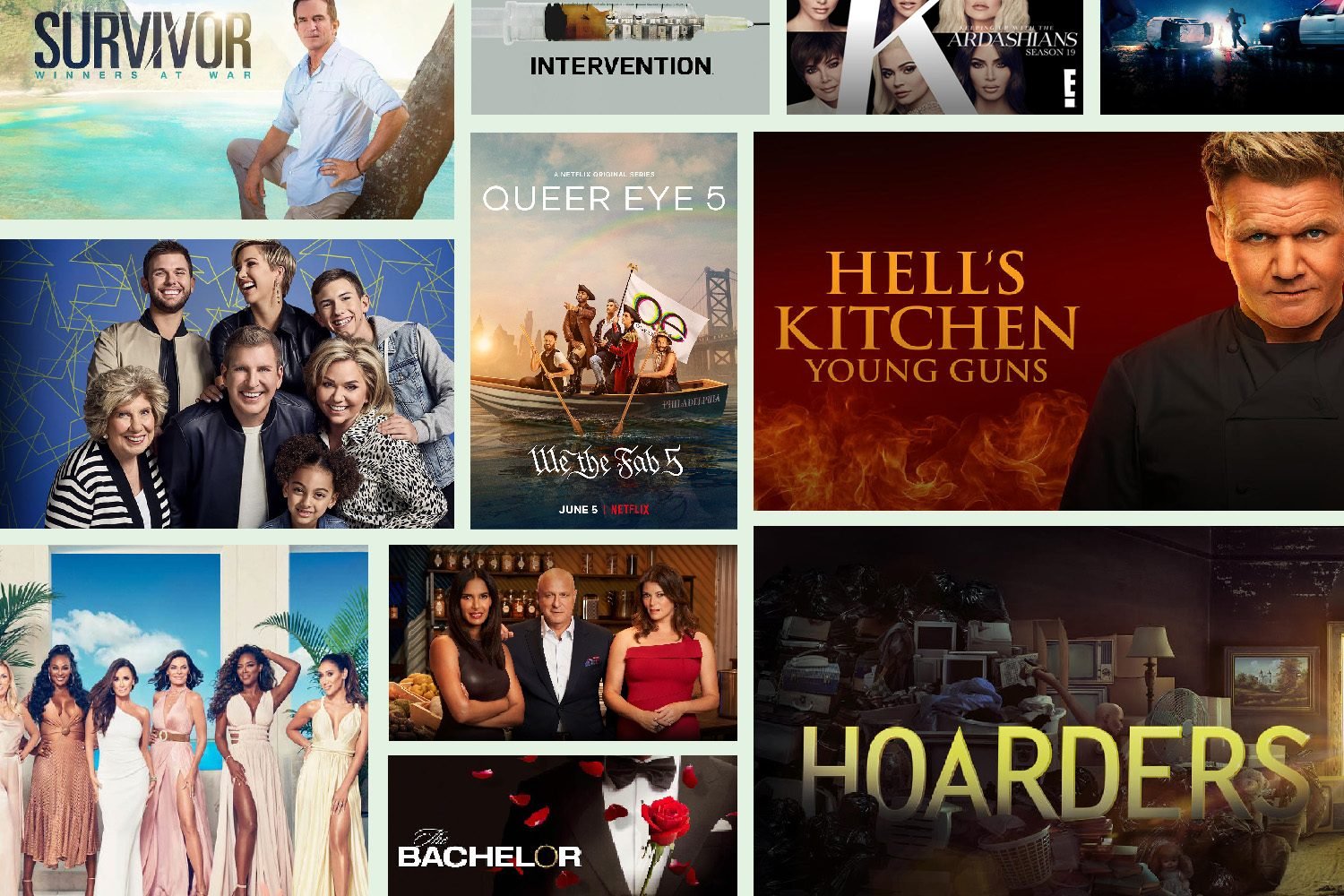Reality television has revolutionized the entertainment industry, captivating global audiences with its unscripted storytelling and dramatic narratives. In this in-depth article, we will examine the phenomenon of reality television, focusing on its development, cultural significance, and its role in the digital era. We will explore various aspects of reality TV, including its origins, diverse formats, and its influence on viewers' perspectives and lifestyles. Additionally, we will delve into how reality TV shapes and reflects societal values.
As we analyze the complexities of reality television, we will assess how the digital revolution has transformed the genre, enabling new platforms and innovative content creation. Furthermore, we will discuss the implications of reality TV on society, including its role in shaping public opinion and fostering discussions on critical social issues. The article aims to provide a comprehensive understanding of this influential medium.
Join us as we journey through the fascinating world of reality TV, exploring its significance in contemporary culture and its dynamic evolution in an ever-changing media landscape.
Read also:Understanding The Impact Of Deepfake Technology The Sophie Rain Case
Contents
- The Evolution of Reality TV
- Diverse Formats of Reality TV
- Cultural Influence of Reality TV
- Digital Revolution in Reality TV
- Audience Interaction in Reality TV
- Criticism and Controversy Around Reality TV
- The Future Landscape of Reality TV
- Final Thoughts
The Evolution of Reality TV
The origins of reality television can be traced back to the early 1940s, with groundbreaking programs like "Candid Camera" that introduced unscripted entertainment to audiences. As television technology advanced, so did the formats and themes of reality shows, expanding the genre's reach and appeal.
In the late 1990s, reality TV experienced a surge in popularity with the introduction of hit shows such as "Survivor" and "Big Brother," which incorporated competitive elements into the genre. The success of these programs inspired networks to experiment with various themes, leading to an explosion of reality programming. Today, reality TV spans a wide array of formats, from talent competitions to lifestyle documentaries, appealing to diverse audiences worldwide.
Diverse Formats of Reality TV
Reality TV offers a variety of formats, catering to different viewer preferences and interests. Below are some of the most popular formats:
- Competition Shows: Programs like "The Voice" and "America's Next Top Model" engage audiences by pitting contestants against each other in a series of challenges, creating suspense and excitement.
- Docusoaps: Shows such as "Keeping Up with the Kardashians" provide an intimate and often dramatized look into the lives of individuals or families, offering a glimpse into their personal worlds.
- Social Experiment Shows: Programs like "The Bachelor" explore romantic relationships and social dynamics, sparking conversations and debates among viewers.
- Documentary-Style Reality: Shows like "The Real World" focus on real-life stories and experiences, providing a platform for diverse voices and narratives.
Emerging Trends in Reality TV Formats
As the genre continues to evolve, new formats are emerging that blend reality with scripted elements, offering fresh and innovative storytelling experiences:
- Mockumentaries: Shows that parody reality TV conventions while presenting humorous and satirical scenarios, appealing to audiences seeking light-hearted entertainment.
- Interactive Reality: Formats that allow viewers to influence outcomes, such as "The Circle," fostering a sense of engagement and participation.
Cultural Influence of Reality TV
Reality TV has profoundly impacted popular culture, shaping trends, language, and societal norms. Its influence is evident in various aspects:
- Fashion and Lifestyle: Reality shows often set fashion trends and influence lifestyle choices, as viewers aspire to emulate their favorite stars and adopt their styles.
- Social Issues: Many reality shows address pressing social issues, raising awareness and sparking meaningful discussions on topics such as race, gender, and mental health.
- Celebrity Culture: Reality TV has created a new class of celebrities, often leading to lucrative careers in entertainment and media, further blurring the lines between reality and celebrity.
Digital Revolution in Reality TV
The advent of streaming platforms and social media has transformed how reality TV is produced, distributed, and consumed. Key developments include:
Read also:Exploring The Bond Between Kim Youngdae And Kim Hyunsoo
- On-Demand Viewing: Viewers now have the flexibility to watch their favorite shows at their convenience, enhancing accessibility and convenience.
- Social Media Engagement: Reality stars frequently engage with fans through platforms like Instagram and Twitter, creating a sense of community and fostering direct interaction.
- Emerging Platforms: New platforms like TikTok are giving rise to short-form reality content, appealing to younger audiences and offering fresh storytelling opportunities.
Audience Interaction in Reality TV
Reality TV thrives on audience interaction, with viewers often forming deep connections with the participants. This connection is cultivated through:
- Interactive Elements: Many shows incorporate audience voting and feedback mechanisms, enhancing viewer investment and participation.
- Fan Communities: Online forums and social media groups provide spaces for fans to discuss and dissect episodes, fostering a sense of belonging and shared interest.
Criticism and Controversy Around Reality TV
Despite its widespread popularity, reality TV has faced criticism and controversy. Common concerns include:
- Authenticity: Critics argue that many reality shows are heavily edited or scripted, raising questions about their authenticity and truthfulness.
- Representation: The lack of diversity and accurate representation of cultures in reality TV has sparked debates, prompting calls for more inclusive storytelling.
- Impact on Behavior: Some studies suggest that reality TV can influence viewers' perceptions and behaviors negatively, particularly among younger audiences.
The Future Landscape of Reality TV
The future of reality television looks promising, with ongoing innovations and adaptations to meet evolving viewer preferences. Potential trends include:
- Increased Diversity: A growing push for more inclusive representation in casting and storytelling, ensuring that diverse voices and perspectives are highlighted.
- Blending Genres: Combining reality TV with other genres, such as scripted drama or documentaries, to create hybrid formats that offer fresh and engaging content.
- Global Expansion: Reality formats are being adapted across different cultures, showcasing diverse perspectives and enriching the global entertainment landscape.
Final Thoughts
Reality TV has undeniably left a lasting impact on the entertainment industry and popular culture. From its modest beginnings to its current status as a global phenomenon, reality television continues to evolve and adapt to the digital age. As we look to the future, the potential for innovative formats, diverse storytelling, and inclusive representation promises to keep reality TV relevant and engaging for audiences worldwide.
We invite you to share your thoughts on reality TV in the comments section below and explore our other articles for further insights into the world of entertainment. Thank you for joining us on this exploration of reality TV, and we hope to see you back here soon for more captivating content!


